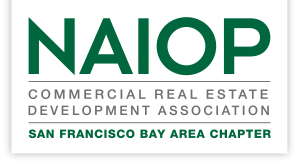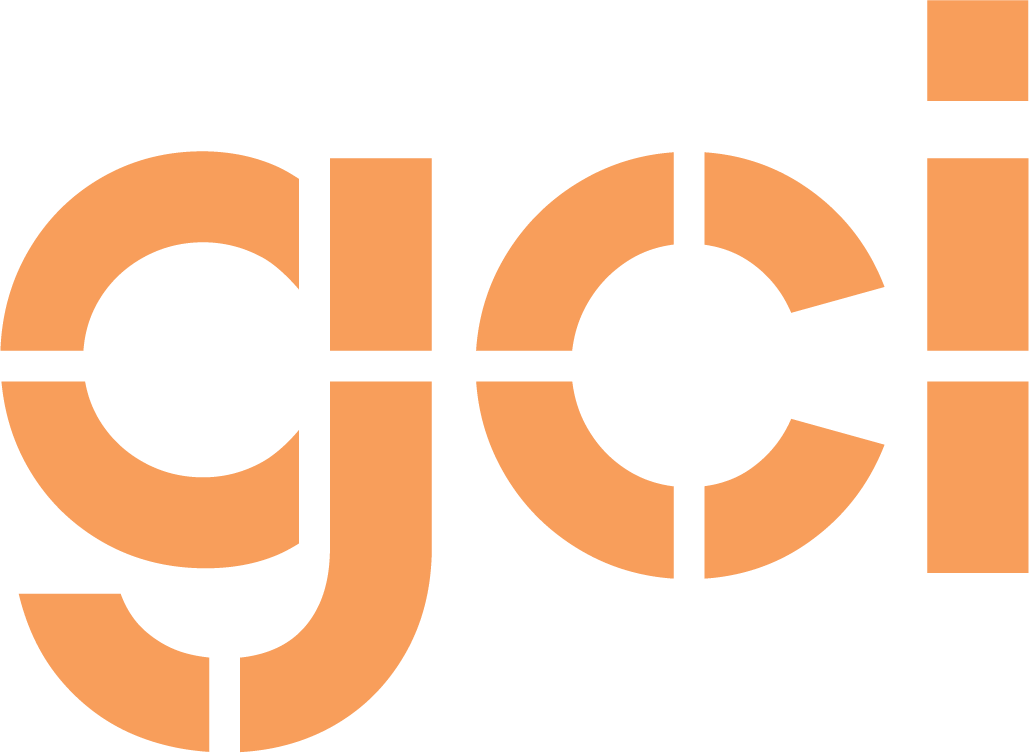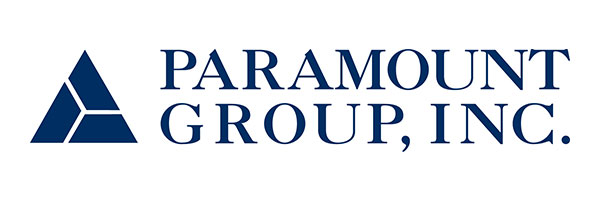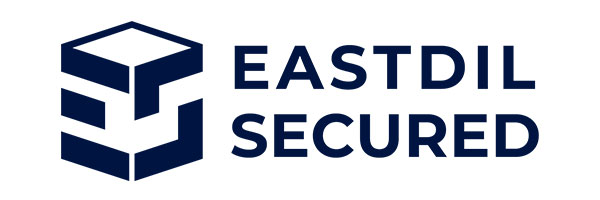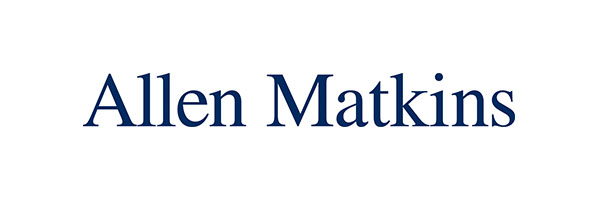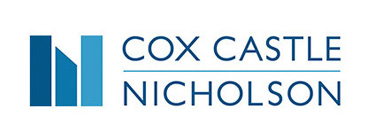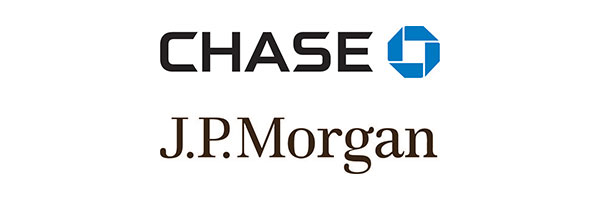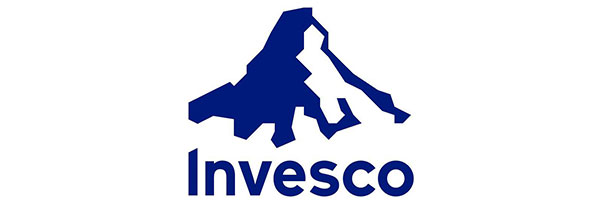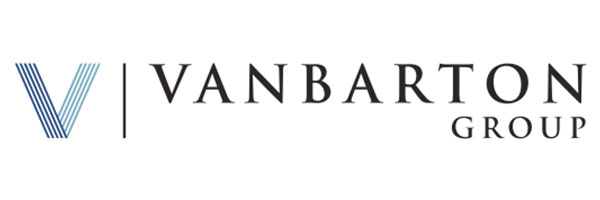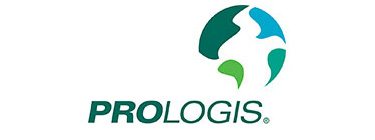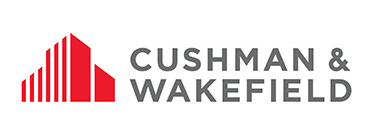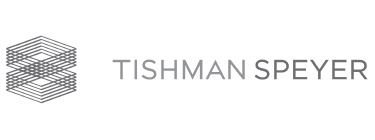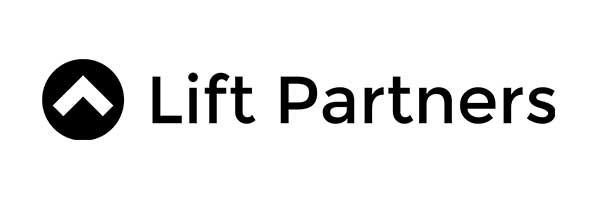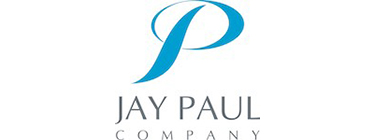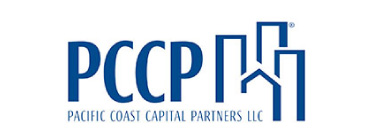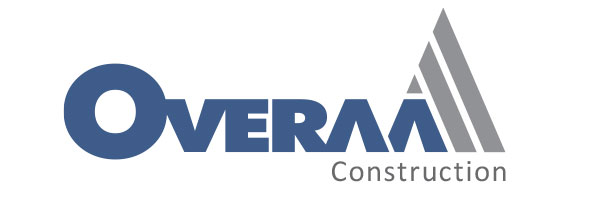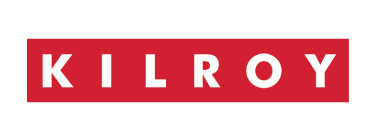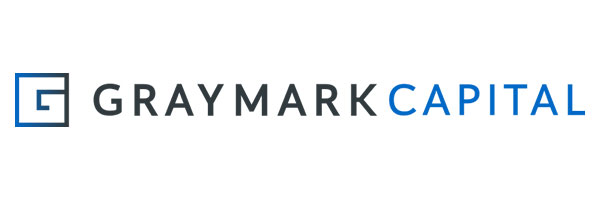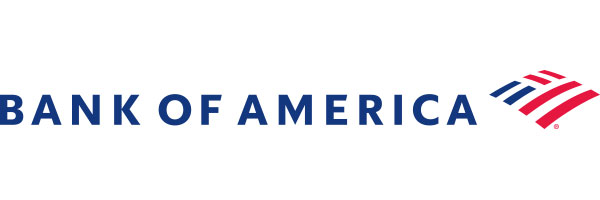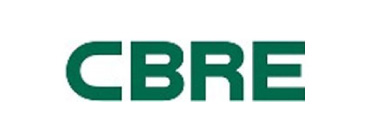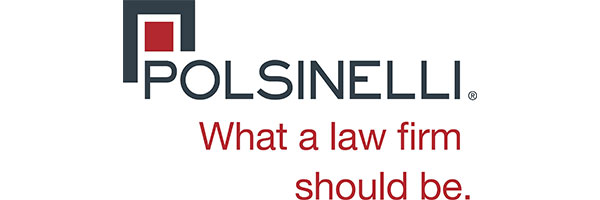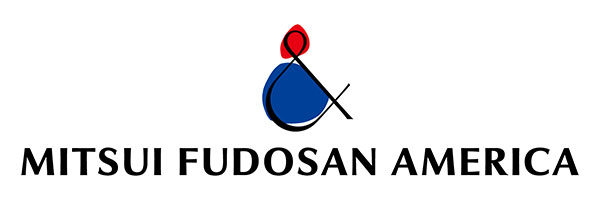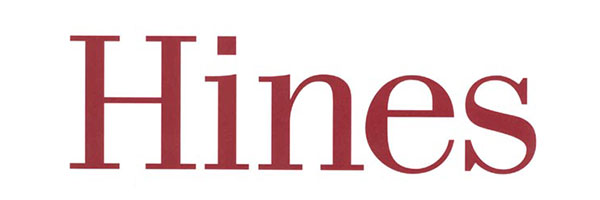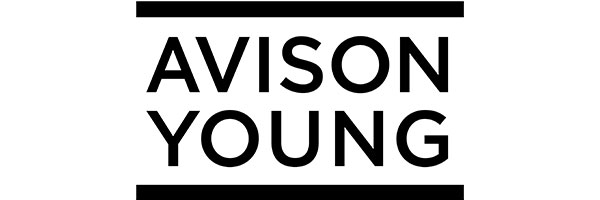CBPA's California Legislative Update 4/2/2021
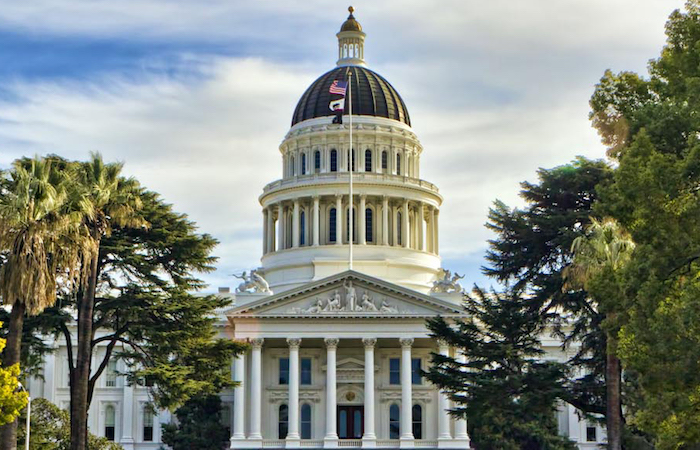
- SCAQMD INDIRECT SOURCE RULE
- PROP 65 LAWSUIT GRANTED PRELIMINARY INJUNCTION
- INDUSTRYWIDE LEGISLATIVE MEETING
- GREEN BUILDING STANDARD CODE – EV CHARGING
- COVID-19 EMERGENCY SMALL BUSINESS EVICTION AND RENT RELIEF ACT
- AB 1547 AMENDED - WAREHOUSE BUILDING WILL GET MUCH HARDER
- MOBILE SOURCE BILL WOULD HURT GOODS MOVEMENT
- CBPA 2021 CALENDAR
SCAQMD INDIRECT SOURCE RULE
The Governing Board of the South Coast Air Quality Management District (SCAQMD) at its meeting today, heard from several advocates asking that they shelve or severely curtail their Indirect Source Rule (ISR) under consideration which will tax and regulate warehouses and logistics centers in a way that will make it more difficult and expensive to deliver goods in California.
The ISR is targeting warehouse and logistic center operations, which have been deemed to be essential businesses by the State during the COVID-19 pandemic and have been in operation the entire time to deliver food and goods.
In Southern California alone, over 18 million people on warehouses and the goods movement system to get items needed to survive. Warehouses provide an array of jobs for people of any level of education and skillsets and provide jobs that lead to upward mobility.
We believe the SCAQMD's proposed rule will do nothing to reduce emissions while imposing a significant new tax on the Supply Chain at the worst possible time. That is compounded by the fact that we believe the rule is not feasible in that it puts responsibility on warehouse operators over things they cannot control. Warehouse operators cannot control truck fleets and decrease truck emissions and have no control over how truck engines are made.
We will keep you posted as this moves forward and hope that you can help push back on this outrageous rule that puts jobs and the entire goods-movement supply chain under immense pressure.
PROP 65 LAWSUIT GRANTED PRELIMINARY INJUNCTION
We are pleased to share the good news below regarding legal action on Proposition 65. We have been working closely with the CalChamber and a group of allied business organizations to try to address issues related with Proposition 65 implementation in the state of California. This has been ongoing for several years and impact your properties through needing signage in many areas, too expensive and time-consuming lawsuits:
Chief United States District Judge Kimberly Mueller granted CalChamber’s motion for preliminary injunction in its Proposition 65 case involving Acrylamide warnings on food and beverages. From the attached ruling:
While this action is pending and until a further order of this court, no person may file or prosecute a new lawsuit to enforce the Proposition 65 warning requirement for cancer as applied to acrylamide in food and beverage products. This injunction applies to the requirement that any “person in the course of doing business” provide a “clear and reasonable warning” for cancer before “expos[ing] any individual to” acrylamide in food and beverage products under California Health & Safety Code § 25249.6. It applies to the Attorney General and his officers, employees, or agents, and all those in privity or acting in concert with those entities or individuals, including private enforcers under section 25249.7(d) of the California Health & Safety Code.
Click here to read the full statement.
INDUSTRYWIDE LEGISLATIVE MEETING
Next week representatives from all the major real estate associations as well as industry leaders from companies in the retail, office, and industrial sectors, will gather via Zoom to review legislation and set priorities and positions for the coming hearings.
So far, we have identified over 540 bills impacting our industry – higher than we have seen in many years.
Your Sacramento staff review every bill and we have been coordinating with allied business/association partners in Sacramento.
We just want to publicly thank all the volunteers that help make this complicated and time-consuming review possible. Their expertise is the backbone to our lobbying and advocacy effort as through this process we become more effective representing your interests in the Capitol.
GREEN BUILDING STANDARD CODE – EV CHARGING
The California Department of Housing and Community Development (HCD) will present proposed changes, specifically related to electric vehicle charging, for the 2022 CALGreen Code, at a meeting on April 12, 2021.
If you own or manage multi-family property this code WILL AFFECT YOU and we encourage you to participate and provide feedback.
The online meeting is limited to 250 people so make sure you call in early, to 916-535-0998 and use Conference ID: 886 941 744# or click here to join via Microsoft Teams.
For more information, visit the Building Code Development and Adoption webpage.
COVID-19 EMERGENCY SMALL BUSINESS EVICTION AND RENT RELIEF ACT
AB 255 (Muratsuchi; D-Torrance) was amended late last week and is now dubbed the “COVID-19 Emergency Small Business Eviction and Rent Relief Act.” Initial language for this bill mirrored provisions of SB 939 from last year, a measure that was deemed so unconstitutional and unworkable, it didn’t get out of it house of origin.
Over the past two months we have worked closely with the author and many of the more objectionable items from SB 939 have been removed from the bill, and we very much appreciated the author’s diligence in working with our industry to address those items.
However, because the bill asks commercial landlords to go without rent for an extended period of time and removes the use of Unlawful Detainer in some circumstances, we will need to continue to work with the author to assure it doesn’t disadvantage one side of the business-to-business transaction.
We are also worried that as the bill is written it will create a disincentive for businesses that have receive state/federal COVID grants from paying their rent in order to prioritize and pay other debt. That is fundamentally unfair and will set a dangerous precedent.
Here is a quick summary.
* Allows a commercial tenant with a decrease in average monthly gross revenue of 50% or more due to COVID to request rent relief for any debt accrued between March 1, 2020, and August 1, 2021, from its landlord by filing a “certificate of hardship”.
* Commercial tenant is defined as: A company or nonprofit with no more than 50 employees and gross revenues not exceeding $5,000,000.
* Requires a landlord that receives a certificate of hardship from a commercial tenant, to conduct a “good faith negotiation to form a plan to allow the commercial tenant a reasonable opportunity to repay COVID-19 lease debt while minimizing the hardship to the landlord.”
* Contains a hardship provision for the landlord if the rent relief would subject “the landlord to significant risk of default on their own financial obligations.”
* Protects a tenant that has paid at least 25% of rent during the time period from lease termination and unlawful detainer proceedings until August 1, 2022.
Your analysis/feedback and position recommendation on this version of the bill is appreciated and needed ASAP. The bill will be heard in policy committee in late April, which means we need to move quickly.
Click the bill to read the actual bill language: AB 255
AB 1547 AMENDED - WAREHOUSE BUILDING WILL GET MUCH HARDER
Assemblymember Eloise Gomez Reyes (D-Gran Terrance) has amended AB 1547 with language that many warehouse owners and tenants believe will continue to drive companies out of the State of California. A policy that will make it very difficult to operate any type of warehouse or logistics center as it will give unprecedented tools to NIMBY groups to fight new projects, including requiring a higher level of CEQA review.
As amended, AB 1547 will require local governments, before approving a warehouse development project, to take certain actions to identify and address the potential environmental impacts of the project and to ensure public participation by residents affected by the project on the consideration of the project governments, this bill would impose a state-mandated local program.
According to the author’s office, AB 1547 seeks to require the following prior to the approval of a warehouse development:
* A 1,000-yard buffer zone between the boundary of the site and sensitive land use such as schools, parks, and residential neighborhoods.
* Local notice to the affected community with details about the project.
* Require on-site equipment such as forklifts and other dock machinery to be powered by zero emission technology.
* Require construction equipment to use highest emission standards currently available.
* Conduct an analysis of air quality impacts of the warehouse development taking into account the truck traffic increase caused by the project.
* Require project applicant to hold series of community meetings with affected residents to develop a community benefits agreement.
* Community Benefit Agreement must include: A plan to incorporate zero emission trucks; ensure use of zero emission last mile delivery; and local hire for jobs.
Many industrial warehouse facilities and logistics center employ many of these tools already in how they operate their facilities. And our industry tries to be good neighbors and address issues that come up with local government and nearby residents.
However, this type of statutory mandate on all facilities, will potentially be used as a cudgel to stop projects that some simply don’t want in an area. Logistics centers and warehouses are extremely important to the state’s economy – and getting food and goods to people’s homes and stores – we are concerned this bill could hamper operations, push them even further away from urban areas, and make everything more expensive.
Click here to read this outrageous legislation for yourself, AB 1547.
MOBILE SOURCE BILL WOULD HURT GOODS MOVEMENT
Another bill that would have a huge impact on our members that own and/or operate warehouse and logistics facilities is AB 426 (Bauer-Kahan; D-Orinda) which could have a huge negative impact on our state’s ability to move food and goods to market and to your homes.
A large group of industries, including commercial, retail, and industrial real estate, are working together to oppose AB 426. Consistent with the California Toxic Air Contaminant Act, diesel exhaust was identified as a toxic air contaminant in 1998. As required by the law, the California Air Resources Board (CARB) adopted a control plan (the Diesel Risk Reduction Plan) in 2000.
Since that time, CARB has implemented a comprehensive mobile source control program which has, in many cases, far exceeded the Diesel Risk Reduction Plan’s goal of reducing diesel exhaust by 85% by 2020. In addition, CARB continues to adopt new control measures requiring the use of zero and near-zero emission equipment.
The current regulatory mobile source programs by CARB already provided for in California law – including the latest generation of control technologies – have been wildly successful in reducing community exposures to both mobile and stationary source diesel emissions. For example, by January 1, 2023, diesel exhaust in nearly all on-road heavy-duty trucks will be reduced by more than 98%.
AB 426 would fundamentally change the successful two-step identification and control process in the California Toxic Air Contaminant Act as implemented in the Diesel Risk Reduction Plan.
The bill would also grant indirect source rule authority over existing sources in conflict with the Federal Clean Air Act which applies such programs to new or modified sources only.
In addition, this bill would duplicate existing facility-by-facility review and mitigation under the California Environmental Quality Act as well as the myriad regulatory and data collection efforts on mobile sources currently being implemented by CARB.
Although the bill has good intentions, we are forced to oppose because it’s an incredible overreach that will drive businesses out of the state, make it more difficult to ship food and goods to market and your homes, and will increase the cost over everything that has to move to get to consumers.
CBPA 2021 CALENDAR
Thursday, April 8, 2021
Industrywide Legislative Committee Meeting
Zoom
Tuesday-Wednesday, June 8 – 9, 2021
California Commercial Real Estate Summit
& CBPA Annual Board Meeting
Zoom
Thursday, October 21, 2021
Industry Awards Dinner
The Renaissance Hotel, Newport Beach
Thursday-Friday, December 2 - 3
Strategic Issues Conference & CBPA Board Meeting
Embassy Suites, Napa Valley
For more information on any of our events, please contact Melissa Stevens at 916-443-4676 or mstevens@cbpa.com.
